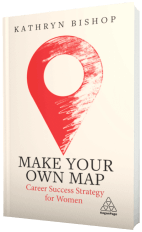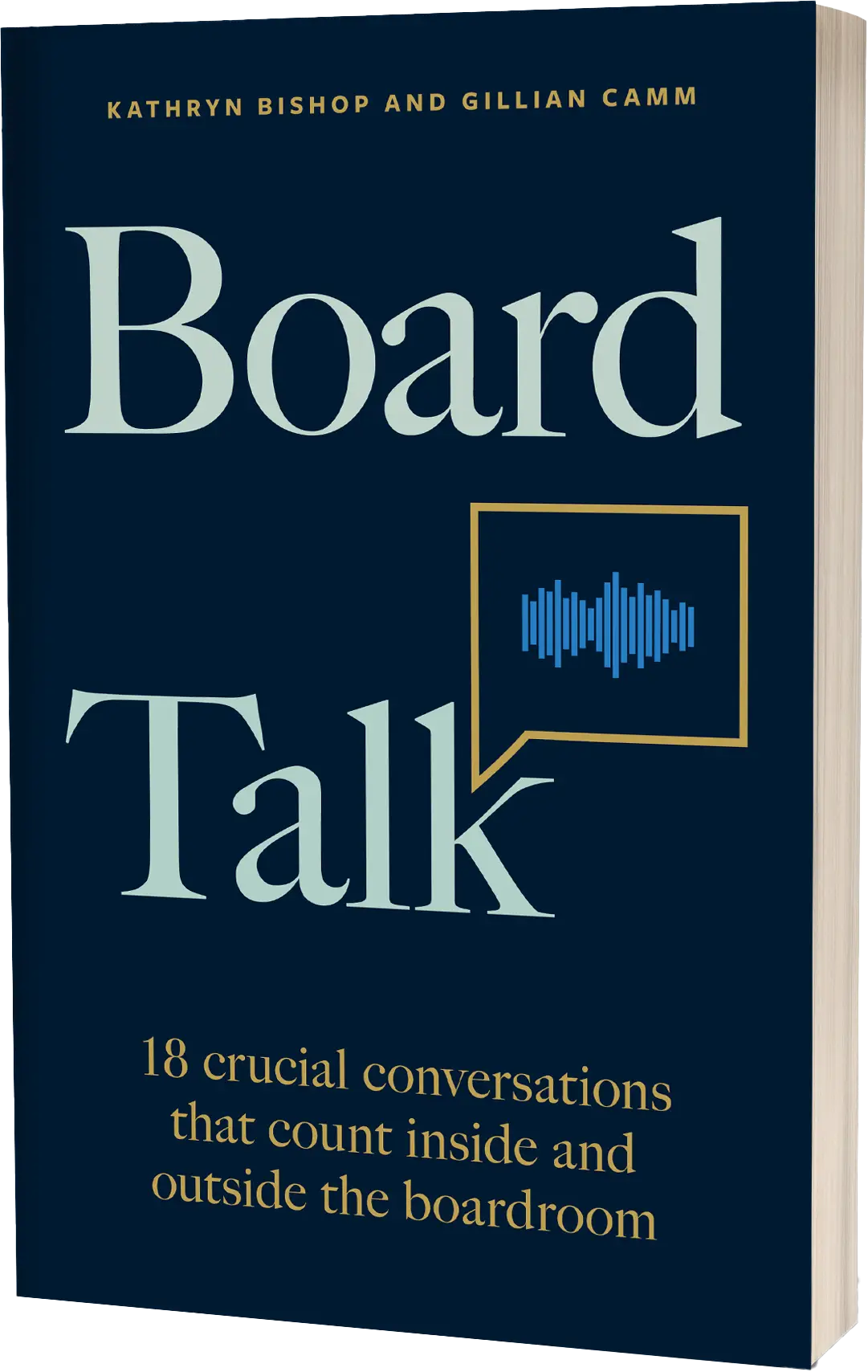There is an ancient Japanese model which looks like a recipe for a good career strategy as well as an interesting life: ikigai.
Wikipedia defines this concept as meaning “a reason for being” and notes that the theories suggest that finding your own ikigai requires “a deep and often lengthy search of self.” (Wikipedia) There are also research studies on the relationship between individual understanding of ikigai and a sense of well-being, although the studies show varying levels of correlation.
This concept is built around four questions:
- What do you love?
- What are you good at?
- What does the world need?
- What will people pay for?
The intersection between the answers might be called the sweet spot which offers the prospect of interesting, meaningful work, which energises you and allows you to put food on the table.

Of course, over time, the answers to those questions change. Obviously what the world needs changes, and technology continues to change the definition of what people will pay for. But you change too: what you are good at will develop over time. And of course the skill which you have used successfully for the last twenty years may no longer interest you. So a regular review of the answers to these four questions is a useful short-cut for reconsidering your career strategy, in the context of the world and of your life as it currently is. The sweet spot will move, in other words. Sometimes it may move in unpredictable ways. Sometimes an opportunity opens up to be paid for something that you are good at but that you didn’t know the world needed, for example.
These four questions also underline the multiple dimensions of the kind of strategy story we should be constructing for a successful working life: both internal and external; both the internal focus on what we know as well as what we feel about it; both wants and needs which may be different things; both about meaning and money.
These multiple dimensions make the idea of a career strategy seem very complex. It might seem a lot of trouble to construct a strategy. Much easier to spot an interesting opportunity and to go for it. But working lives are very long, now, and the opportunities seem to reduce as we age. Paying attention to the sweet spot, focusing on those opportunities which are really worth going for is worth the effort. And the strategy doesn’t have to be perfect – it just has to be good enough. In corporate life, there are people with beautifully-bound strategy documents and plans on their office shelves which they never open. A perfect strategy that no-one reads is worth much less than a rough-cut piece of strategic thinking that everyone understands – because it is much less likely to be translated into action.
So maybe “good enough” strategy is what we need. And if it’s efficient to develop something practical, we are more likely to review it when the world changes or when we do.



